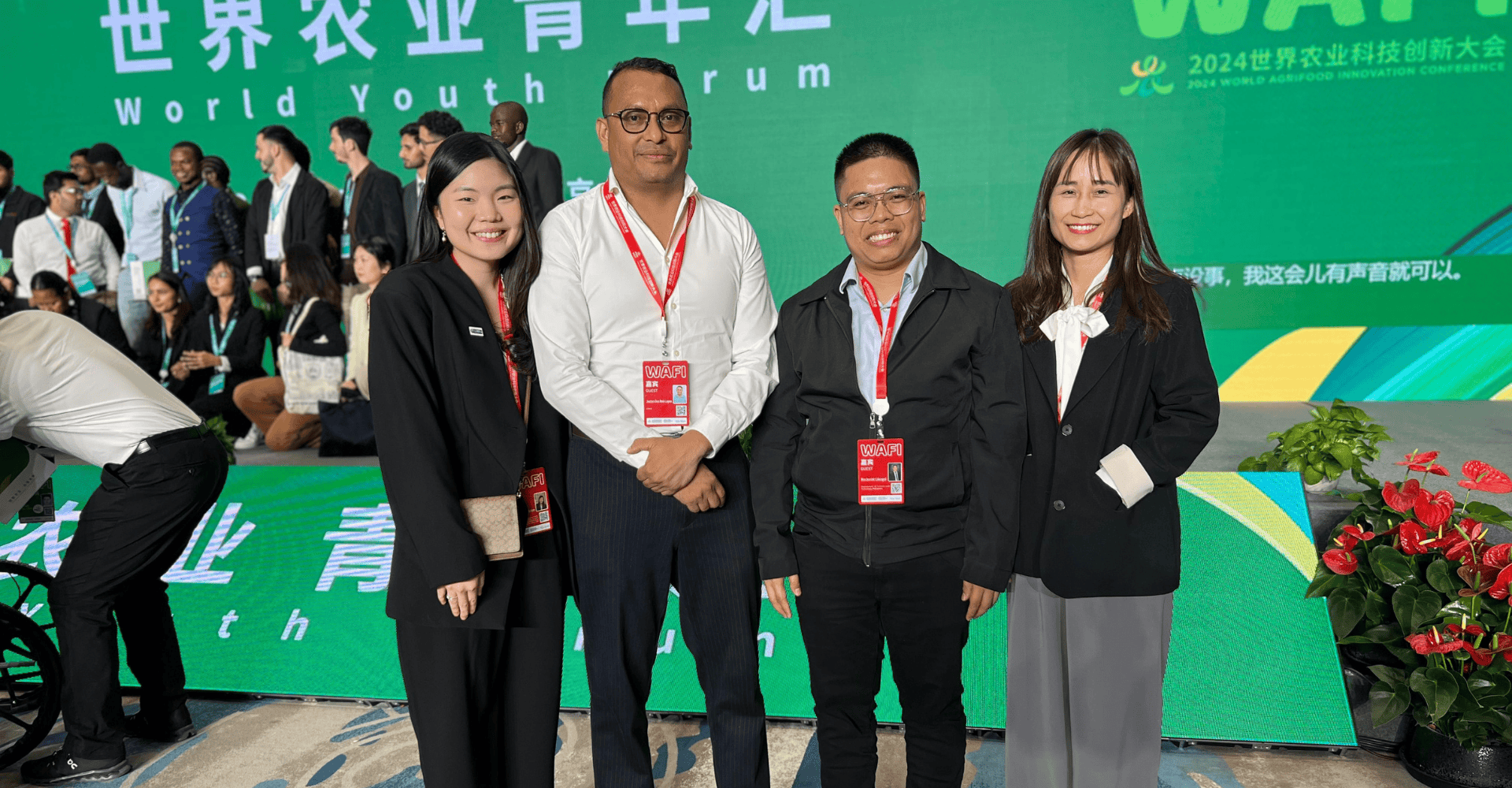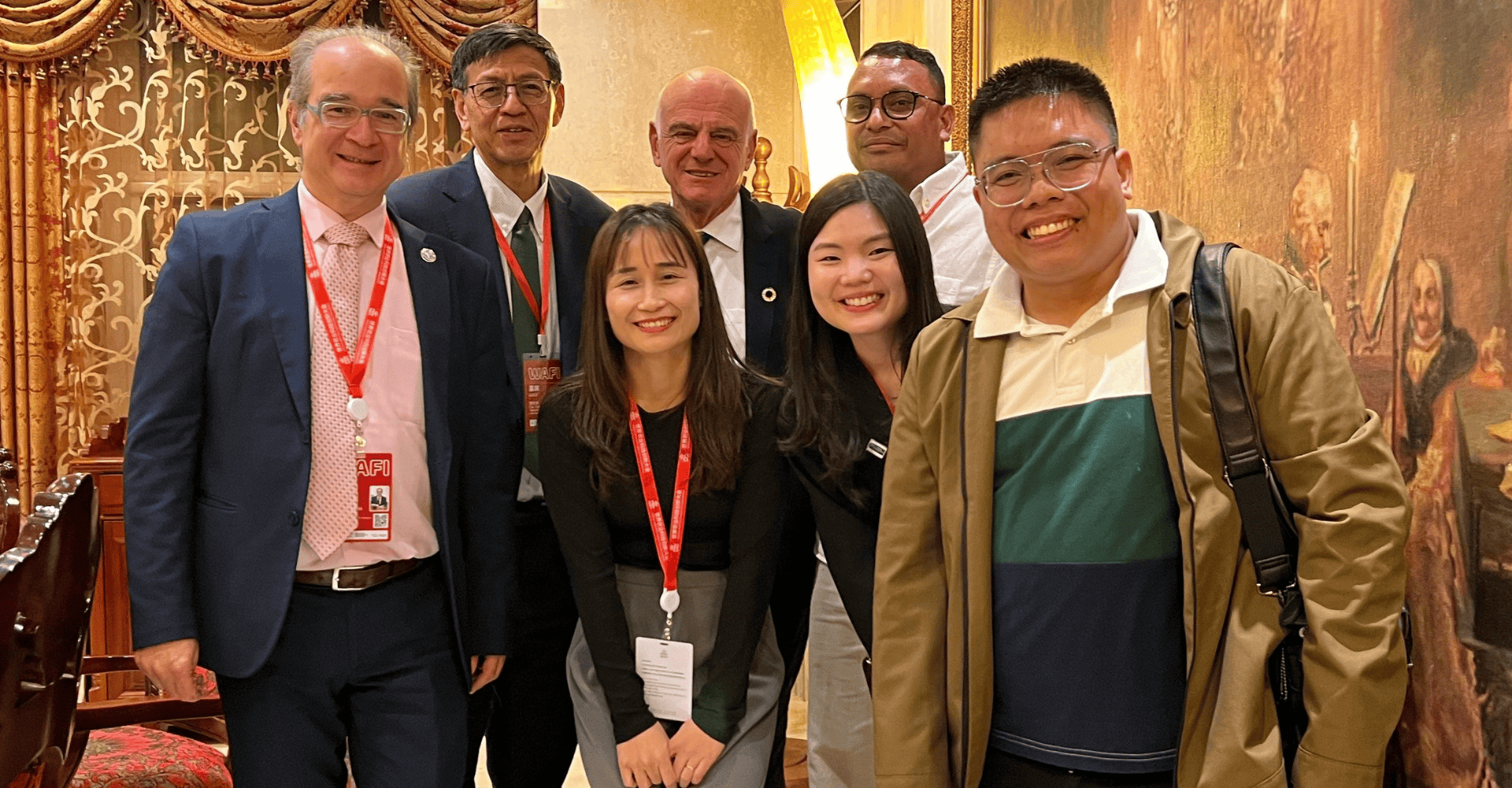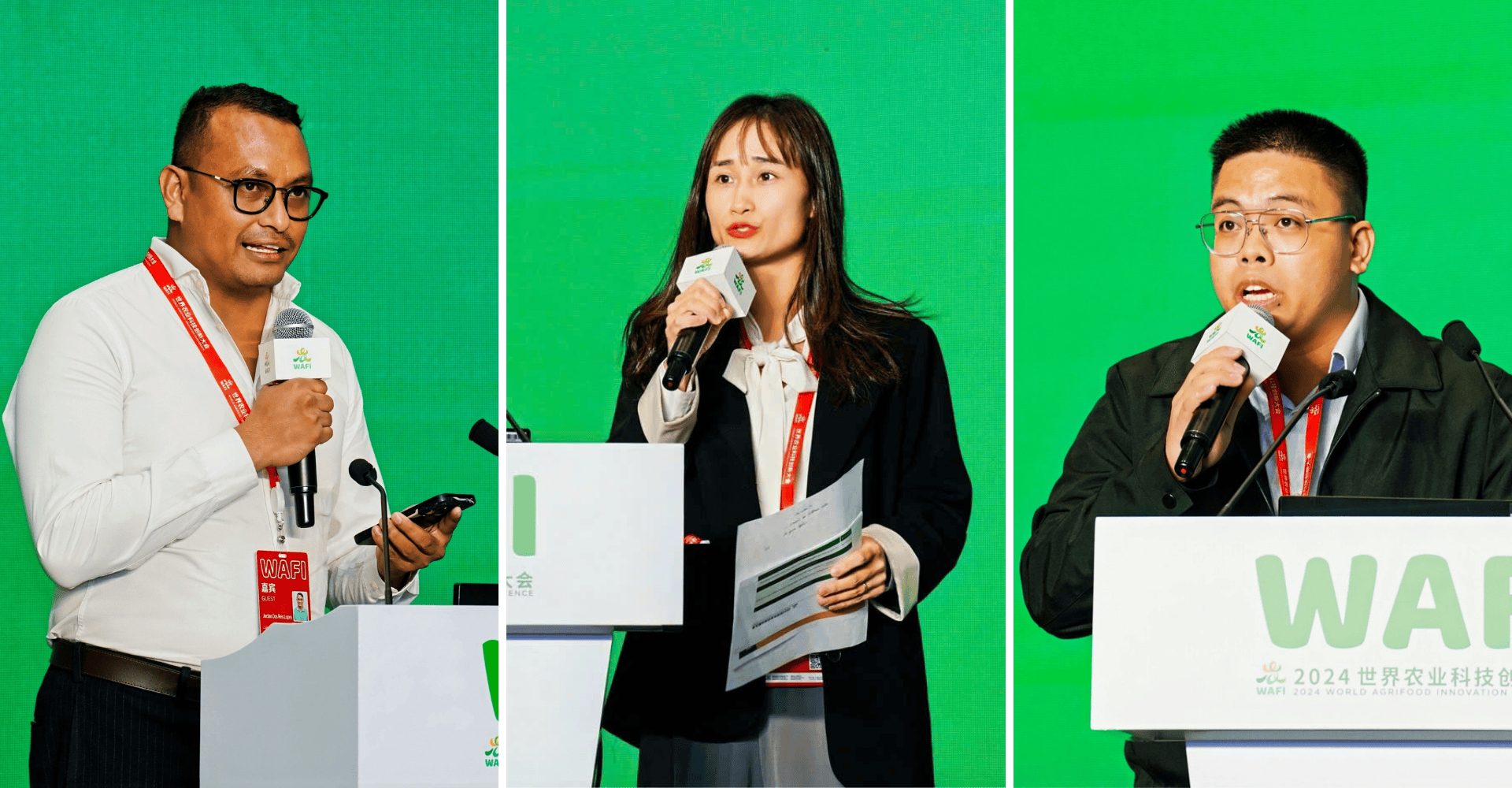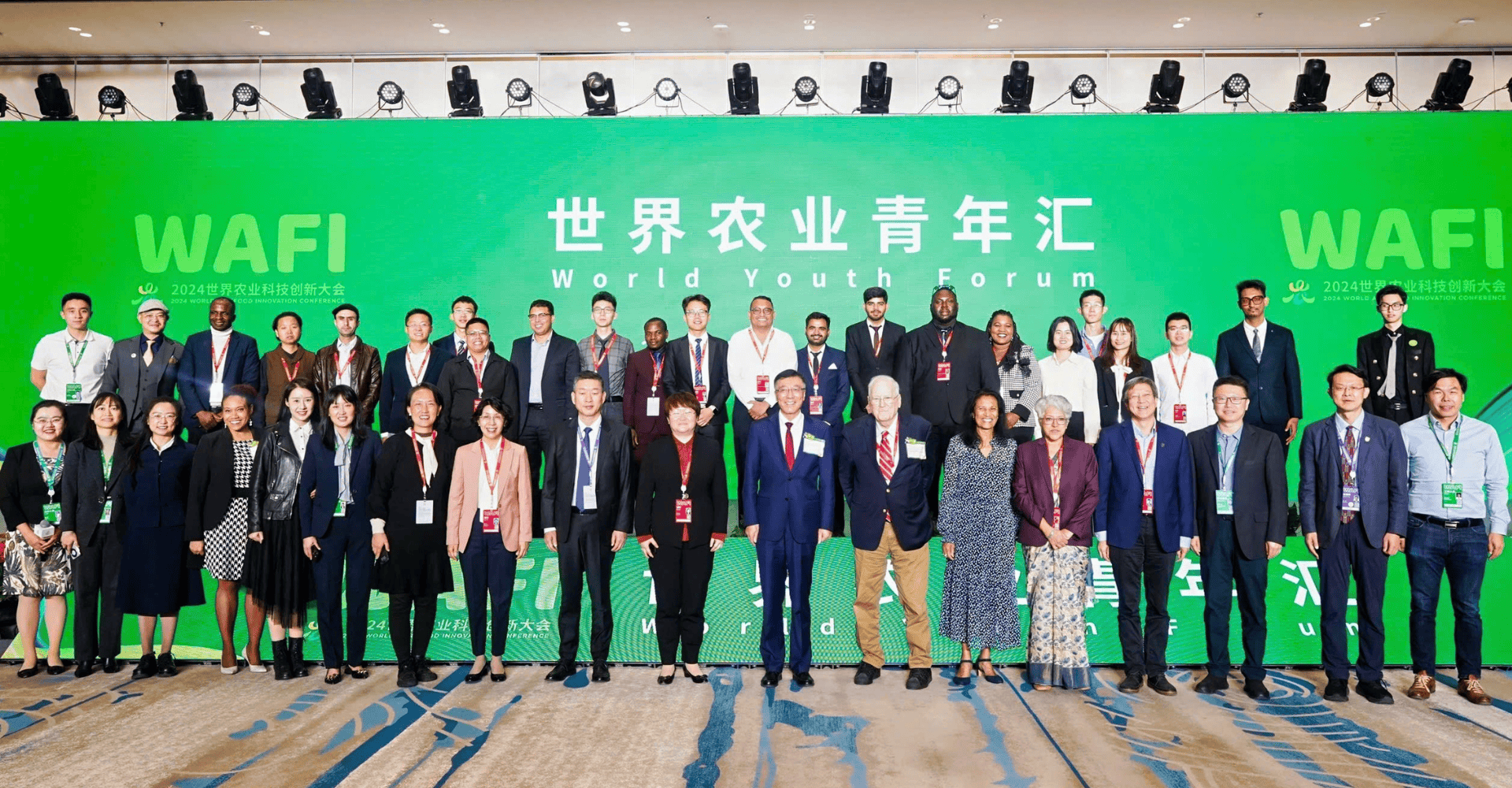SEED FUNDING JOINT PROGRAMMES
Rwanda
Resilient Food Systems: Enhanced Value Chain and Post Harvest Management





PROJECT TITLE | Resilient Food Systems: Enhanced Value Chain and Post Harvest Management |
| Context | Food systems transformation is embedded in several national policies in Rwanda, including the National Transformation Strategy, the Strategic Plan for Agriculture Transformation, the National Environment and Climate Change Policy. In 2021, Rwanda developed its National Pathway, which highlights four priority areas for the country towards 2030: ensuring food security and nutrition for all, while increasing demand for healthy diets; enhancing the environmental sustainability of food systems; improving livelihoods for farmers and all workers in food systems while building resilience to shocks; promoting inclusion of women and youth in food systems, including through enhanced financial opportunities. |
| PUNOs | FAO, WFP, IFAD |
| Contribution to SDGs | SDG 1 No Poverty; SDG 2 Zero Hunger; SDG 8 Decent Work and Economic Growth; SDG 13 Climate Action |
| Contribution to other SDG transitions | Decent Jobs and Universal Social Protection; Energy Access and Affordability |
| Duration | July 2024 – June 2025 |
| Expected financial leverage | $ 3,070,000 |
| Alignment with SG Call to Action | Policy integration; Food systems governance; Research, data, technology and innovation; Inclusive and participatory design; Private sector engagement |
| Outcomes | The JP leverages on improved post-harvest management as a strategic approach to simultaneously reduce food loss, improve incomes, and boost food availability. The JP promotes the economic integration of youth-led MSMEs and builds linkages with partners and initiatives focused on nutrition and food security to connect the dots between food production, processing and consumption. |
| Partners |
|
| Outputs |
|
Youth take the stage at WAFI 2024

“The wind howled as Typhoon Odette tore through our town in the Philippines,” Rino Dominic Cabungcal recalled at WAFI 2024, addressing a room of global leaders and youth advocates. “Our food crops were destroyed, our fishing boats swept away. I saw firsthand how climate change disrupts lives. Today, I am here to help ensure this doesn’t continue.”
Rino’s story deeply resonated at the recent World AgriFood Innovation Conference (WAFI) in Beijing, where he and other alumni from the Hub's Food Systems Youth Leadership Programme (YLP) shared their perspectives on transforming food systems. Together, these alumni underscored the urgency of rethinking food systems to tackle climate and sustainability challenges, bringing fresh insights to discussions on climate action, agricultural resilience, and sustainable growth.
A global forum for food systems transformation
Held from October 10-12, WAFI 2024, themed "Climate Change & Agrifood Systems Transformation," gathered scientists, industry leaders, and policymakers to tackle the most pressing issues facing global food systems. For the Hub’s YLP alumni, it was a unique opportunity to connect across generations, reinforcing the importance of youth perspectives in finding sustainable solutions.
The power of youth connections
For Stefanos Fotiou, Director of the UN Food Systems Coordination Hub, bringing YLP alumni to WAFI had a clear purpose: making youth voices integral to high-level food systems dialogues and empowering youth by connecting them with key decision-makers. "Youth bring energy, ideas, and a commitment to change that we all need to support,” he emphasized. “Connecting youth with established experts is essential to our shared mission of serving people and protecting the planet.”
This philosophy shaped a series of informal dialogues at WAFI between YLP alumni, the Hub’s Scientific Advisory Committee (SAC), and other influential food systems leaders. Fotiou explained that the Hub’s role goes beyond inviting young learners; it seeks to create spaces where they can confidently share their experiences and insights with established figures. “When we bring youth together with scientists, policymakers, and experts, we’re not just facilitating introductions—we’re laying the groundwork for a new generation of food systems leaders,” he said. Through the YLP, supported by the German Federal Ministry for Economic Cooperation and Development, youth participants gain the tools, networks, and confidence to drive change locally and globally, and the dialogues at WAFI underscored just how impactful their perspectives can be.

A call for collective action
YLP alumna Thanh Duong shared insights from her seven years working in Vietnam with the Alliance of Bioversity International and CIAT, emphasizing the interconnectedness of food systems, natural resources, and climate. She described how adopting a food systems approach had helped address malnutrition and climate impacts in her community. “Together is a tough word for a lot of people,” she noted. “But food has always brought people together, and now more than ever, we need that unity.” She encouraged everyone to consider small yet meaningful actions—supporting local farmers, reducing food waste, or simply being more mindful of food choices.
Empowering youth-driven solutions
Joctan Dos Reis Lopes, YLP alumnus from Timor-Leste, spoke about his commitment to strengthening food systems in his home country. As a co-developer of PESKAS, a digital monitoring system that tracks fishing activity in Timor-Leste, Joctan described how this innovation supports food security and local livelihoods by providing real-time insights on small-scale fisheries. “I want to inspire you all to be proud and develop a sense of ownership in what you are doing,” he shared. “Our role as youth in food systems is more than advocacy; it’s about creating transformative solutions rooted in rights, equity, and Indigenous-local knowledge.”
Youth voices for change
During WAFI’s World Youth Forum, Rino’s message of resilience and action continued to inspire. “Imagine a world where every child is fed, where no mother wonders if her children will go to bed hungry,” he urged. “This world is not a dream—it’s a choice. And it starts with us.” His call to action, deeply rooted in personal experience, emphasized the critical role of youth in building resilient and sustainable food systems.

Left to right: Joctan Dos Reis Lopes (Timor-Leste), Thanh Duong (Vietnam), Rino Dominic Cabungcal (the Philippines).
Driving food systems transformation forward
Throughout WAFI, the YLP alumni participated in sessions exploring sustainable agricultural practices and the importance of multi-sector collaboration. These experiences broadened their understanding and reinforced their commitment to championing food systems transformation within their communities.
Reflecting on the conference, Thanh added, “Every small action we take matters. We’re not just imagining a better world, we’re actively building it.”
Leaving WAFI with new knowledge and connections, these YLP alumni are ready to drive transformative change toward a food system that is resilient, equitable, and sustainable for all.

